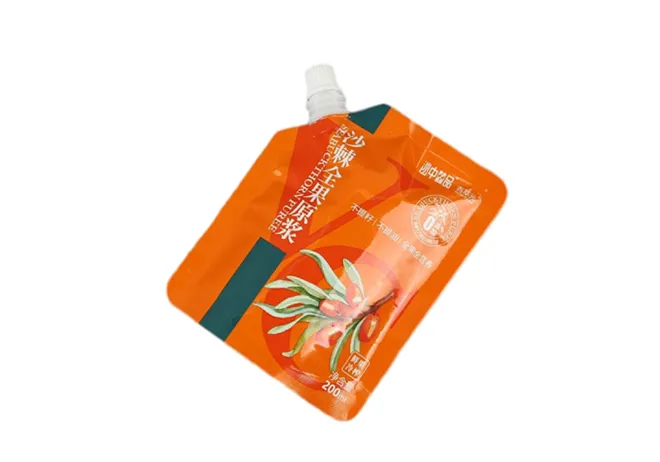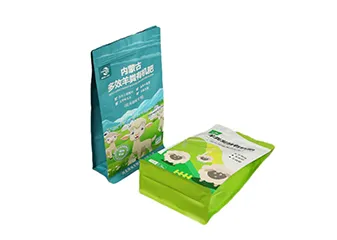Aluminium foil, often hailed as a miracle of modern packaging, serves an essential role in the pharmaceutical industry. Known for its exceptional barrier properties, it safeguards medicines from environmental factors that can compromise their efficacy. With a nuanced understanding of its benefits, one can appreciate why this material has become a cornerstone of medicine packaging.

Professionals in pharmaceutical packaging emphasize the unrivaled barrier protection that aluminium foil provides. Its impermeability to light, moisture, oxygen, and other gases ensures that the medicines remain potent and safe throughout their shelf life. This factor alone makes it a superior choice for preserving the integrity of sensitive pharmaceuticals such as tablets, capsules, and other dosage forms.
The role of aluminium foil in ensuring the stability of medicines is supported by its reflective properties. By reflecting up to 98% of light, it protects light-sensitive compounds in medications from degradation. This is crucial in maintaining the chemical and physical stability of many pharmaceuticals, ensuring that patients receive the full therapeutic benefits of their prescriptions.

Moreover, aluminium foil is not just a passive protector. It actively contributes to the hygienic packaging of medicines. The foil's sterile nature and resistance to bacterial contamination make it an ideal material for maintaining the purity of pharmaceuticals. Its non-toxic characteristics, coupled with its ability to withstand rigorous sterilization processes, offer an added layer of safety and trust to the healthcare sector.
The production process of aluminium foil for medicine packaging is another testament to its reliability. The material is manufactured under stringent quality controls that comply with international pharmaceutical standards, such as ISO 15378. This certification underscores its readiness in safeguarding medicinal products. By adhering to these rigorous standards, manufacturers ensure not only the foil's safety but also its compatibility with various pharmaceutical products.
aluminium foil for medicine packaging
From an environmental perspective, aluminium foil presents notable advantages. It is both lightweight and recyclable, ranking it as a sustainable choice in an industry striving to lessen its ecological footprint. Recycling aluminium requires significantly less energy than producing new aluminium, and the material can be recycled indefinitely without losing quality, making it a responsible choice for eco-conscious companies.
Furthermore, the versatility of aluminium foil in medicine packaging should not be overstated. It can be customized to meet diverse pharmaceutical needs. Whether used as blister packs, strip packs, or sachets, aluminium's adaptability ensures that it meets a wide range of packaging requirements. This adaptability aligns with the industry's demand for personalized medical solutions, facilitating the accommodation of various dosage strengths and formulations.
The expertise behind the development and use of aluminium foil in pharmaceutical packaging is derived from years of research and innovation. Experts in this field continually explore ways to enhance the material's properties and its applications. Such advancements not only aim to improve the foil's protective features but also to enhance its processing capabilities, making it an ever-evolving component of the pharmaceutical supply chain.
Trust in aluminium foil's effectiveness is enshrined in its long history of use. Pharmaceuticals worldwide have relied on its robust properties for decades, a testament to its established presence in medicine packaging. This time-tested reliability fosters confidence among pharmaceutical companies and consumers, reinforcing its status as a trusted safeguarding medium.
In conclusion,
aluminium foil's role in medicine packaging is irrefutably substantial. Its combination of protective qualities, environmental benefits, versatility, and robust industry support render it indispensable in preserving the efficacy and safety of pharmaceuticals. As healthcare demands continue to evolve, the strategic use of aluminium foil will undoubtedly remain critical in meeting the ever-growing needs of the global pharmaceutical landscape.